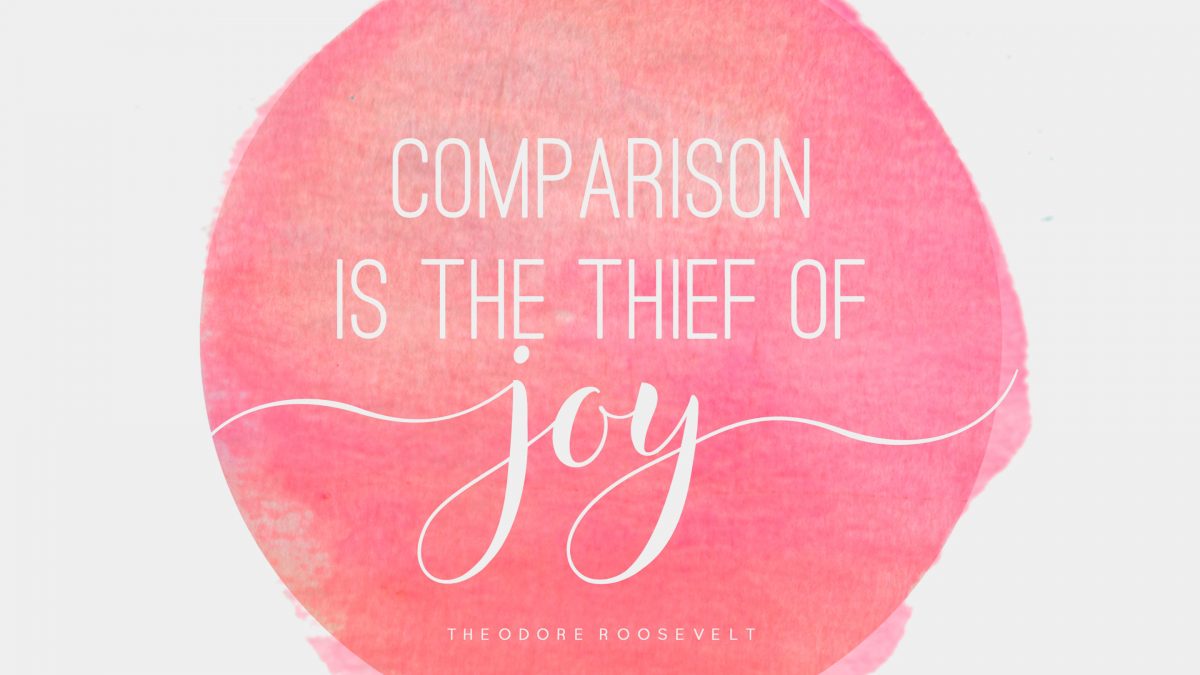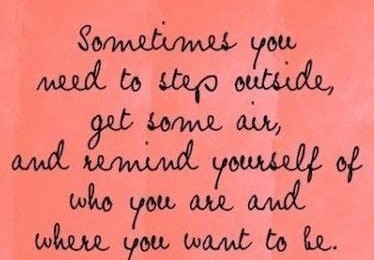
Worrying …
August 12, 2021
Why jump out of a perfectly good plane?
September 7, 2021Why do we compare ourselves to others?
Comparing yourself to others tends to be the quickest way to trigger negative thoughts about yourself. Yet, we all do it to some degree or other.
Think about your weekend. Who did you compare yourself to? Friends perhaps that you met at their house for dinner? Did you feel inadequate in any way? Or perhaps you felt the opposite. Perhaps you felt superior in some way?
Topics of conversation that we tend to chat about with friends include children, jobs or careers, relationships, and financial stability – which could be ‘hidden’ in conversations around material purchases such as a change of car, a house move, home extension, or hobbies.
All of these are potential minefields for our heads to get carried away into ‘comparison land’.
That little challenging voice in your head nags you for not having made enough of your career, your children not having the material objects that their children have, your car being on its last legs, that camping holiday you loved in Devon the previous week that now seems inadequate compared to their all-inclusive week abroad.
So why do we do this to ourselves?
Psychologist Leon Festinger developed the social comparison theory back in the 1950s, where he concluded that we can’t define ourselves independently, so we need to concoct who we are by working out how we stack up compared to other people.
In other words, social comparison is how we define our own social and personal worth.
There are two kinds of social comparison.
First, upward social comparison is when we compare ourselves to people whom we feel are better than us in some way. On a positive level, this can be helpful, as it can improve our motivation to better ourselves – for example, we may keep a photo in our lounge of someone who has reached the top of Mount Snowdon if that is on our list of goals for the year.
The other kind is downward social comparison. This is when we compare ourselves to people whom we believe are worse off than us. And we usually do this to give our self-esteem a bit of a boost, as it can help us to feel better about ourselves and our lives.
There are however some fairly significant downsides to comparing ourselves to others. Upward social comparison can lead to you harbouring feelings of guilt, inadequacy, and inferiority. All of which have the potential to impact negatively on our mental health.
A downward social comparison could also lead to negativity, as it is a reminder to ourselves that there is always the possibility that our own life will take a downturn at some point.
Social media has NOT helped in this regard.
People tend in general to share the amazing parts of their life on social media. They do not post about the fact that their washing machine has broken, that their car has failed its MOT and they can’t afford the repair costs at the moment, or that their relationship is on the rocks and the children are driving them mad.
They post the ideal vision of their life.
Happy family moments with smiles all round, trips away, days out, successful exam results of their children for example, and for some reason, even though you are an intelligent human being, for those few minutes of reading about this you forget that this is NOT their reality, but that it portrays the ideal moments in their lives. It is far from their day-to-day life and is hardly a fair comparison.
It would be unrealistic to think that we would ever completely stop comparing ourselves to others, but here are a few tips that may help :)
- Noticing when you are comparing yourself to others is the first step.
- Be realistic at this point and remind yourself that you are not hearing the ins and outs of their life. You are hearing the positive aspects only. This is not real life.
- Consider your and their characters. Do you aspire to their ideals or do you have other traits to your character that satisfy you in a non-materialistic manner?
- Practicing gratitude is a great help and it can be useful to maintain a journal or keep a list of things that you are thankful for in your life.
- Try imposing limits to the time that you spend on social media or the internet altogether and
- Maintain a support group of positive friends who say it like it is – warts and all.
All the best
Angela





